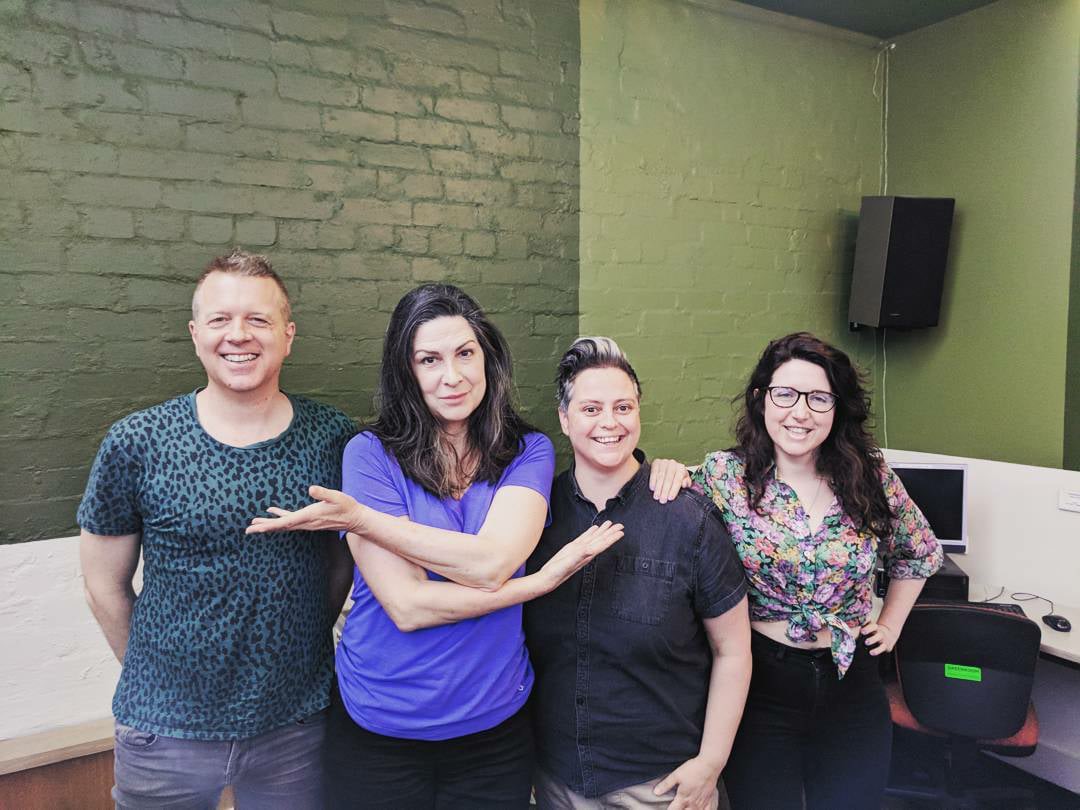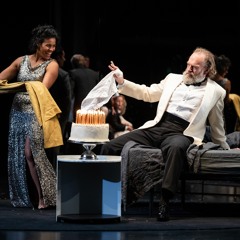

As Mary tells the audience: ‘I will say it now because it has to be said by someone once.’ Hers is a story of perplexity, danger, resilience and above all, truth. However, her story is really about so much more.

His Mary tells the audience her version of the events in the life of her apotheosised son, from the resurrection of Lazarus to the devastating crucifixion. The author and playwright gives fierce and commanding voice to a religious figure whose narrative has mostly been stricken from the Biblical record.
The testament of mary pamela rabe free#
And within this group of men I noticed that there was a set of hierarchies, men who spoke and were listened to, for example, or whose presence created silence, or who sat at the top of the table, or who felt free to ignore me and my companion and who demanded food from the other women who scampered in and out of the room like hunched and obedient animals.Colm Tóibín’s The Testament of Mary is a solo performance piece about a mother grieving the death of her son, however this mother just happens to be Mary and her son is Jesus Christ. I was back in the world of fools, twitchers, malcontents, stammerers, all of them hysterical now and almost out of breath with excitement even before they spoke. No question asked, I knew, would elicit a straight answer. I wanted to ask them if this deliverance would mean that he would not then be crucified, that he would be released, but they all, including Mary, once she was in their company, spoke in a maze of riddles. He had allowed himself to be taken, and in this house during the hours that I spent with his followers they all seemed to feel that this was planned, part of a great deliverance that would take place in the world.

My son was already in custody, a real prisoner. Összességében remek kis könyv ez (és méltán jelölték a Booker díjra), bátran nekiment egy agyonírt témának, és mutatott valami váratlant és figyelemreméltót. A szöveg megműveltségét tekintve kizárt, hogy ez gondatlanság vagy véletlen volna. Viszont ott az elbeszélő által használt „hisztéria” szó, vagy a „láva” például, ami már egészen anakronisztikusan hat Mária szókincsében. Én elhiszem, mint mai olvasó, hogy uszkve kétezer éve is hasonlóan működnek az emberek (vagy aggregátumaikban a szekta, a tömeg, a csürhe) és a hatalmi intézményeik, a politikai szarkavarás és a beépített, lefizetett, egymást figyelő ügynök- és provokátorrengeteg paranoiája. Mária megfigyelőkészsége nagyon fogékony a szociálpszichológiára, és az emberek tömeg-viselkedése mellett van egy határozottan konteós politikai vonulat is az események mögött, bár ez nincs (és nem is lehet) kibontva. Hiába a korhű tárgyvilág, a lényegretörő (és lényegretörőségre törekvő) vallomás, bizonyos szempontból a szöveg kilóg a kosztüm alól, mint ami kifejezetten modern. Az elbeszélő hangja csupa sebezhetőség és erő, nagyon letisztult, vagyis következetes és kerüli a ködösítést.įelmerült bennem olvasás közben, hogy a szerző mennyiben azonosítható vagy elkülöníthető ettől a hitelesnek ható Máriától. Ez végig nagyon jól működik, váratlanul újszerű perspektívából lehet – szinte – rácsodálkozni az amúgy eléggé agyoncsépelt történetre. Mária az elbeszélő, aki vallomásként mesél nekünk nagyon személyes és közvetlen (és nyilván anyai) módon a felnőtt fia körüli eseményekről, ugyanakkor több szempontból kívülállóként is: mint nem-követő (tehát nem keresztény), mint alárendelt nő, mint a fia követőitől gyökeresen eltérő szemléletű ember. Szóval, Colm Toibín, aki férfi szerző, írországi, előállt egy Mária narratívával.

Talán a Mester és Margarita fertőzött meg ezzel, és mivel olyan sokaknak van a kedvenc könyvei között, biztosan nem csak engem. Az alternatív vagy apokrif Jézus-történetek nekem érdekesek, pedig vallásos az nem vagyok.


 0 kommentar(er)
0 kommentar(er)
